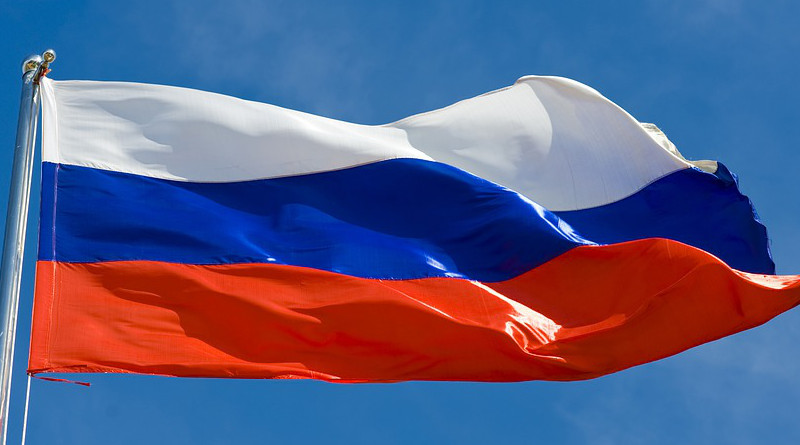After Moscow Loses In Ukraine Regionalism In Russia Will Return In Even More Radical Forms – OpEd
By Paul Goble
Vadim Shtepa, whose book Interregnum (Petrozavodsk, 2012) introduced regionalism to a Russian audience and who edits the Tallinn-based regionalist portal Region.Expert, says that after Russia suffers defeat in its imperialist war in Ukraine, “regionalism in Russia will return and in even more radical forms than it took a decade ago.”
The regionalist says he wrote that book because of the rise of regionalism within the European Union, a phenomenon Scots sociologist Roland Robertson invented the term “glocalization” to describe, one in which ever greater moves in the direction of globalism led to a concomitant or even greater moves toward localism (region.expert/interregnum10/).
In the years since his book appeared, Shtepa continues, there have been three key developments as far as regionalism in the Russian Federation is concerned. First, ever more people are focusing on the issues of regionalism and identifying as regionalists rather than in terms of some other category.
Second, in response to this, the Russian government has cracked down on these movements across the board, making it almost impossible for regionalists to act on the territory of the Russian Federation. Instead, those interested in promoting regionalism have moved abroad where they can speak and act independently.
And third, the Kremlin, clearly frightened by regionalism in Europe and its possible spread to Russia, has engaed in what can be called “the political inversion of regionalism,” presenting as regionalism such things as the Anschluss of Crimea or republic status for the Donbass and Luhansk when it fact its moves there have nothing in common with regionalism.
By its actions, the Putin regime has unintentionally led more Russians and others to focus on regional issues, the regionalist editor says; and in the future, after Russia loses in Ukraine, Russia can expect to see a flourishing of regionalism once again with some of its branches taking far more radical forms than before, precisely in response to Moscow’s repression of it.


The theme of India’s G20 Presidency-“Vasudhaiva Kutumbakam” a Sanskrit phrase meaning “The World is One Family” Or “One Earth-One Family-One Future” is drawn from the ancient Sanskrit text of the Maha Upanishad. Essentially, the theme affirms the value of all life and their interconnectedness on the planet Earth. ‘Unity in Diversity’ is another one of the most powerful thoughts India has given to the world. With this as the background focus on regional issues can be resolved if the world considers India as a traditional Global Guru towards better global life and not looking for any military power or hegemony of any kind.
So a good old Putin beat down may not be in our best interest with the resulting world order